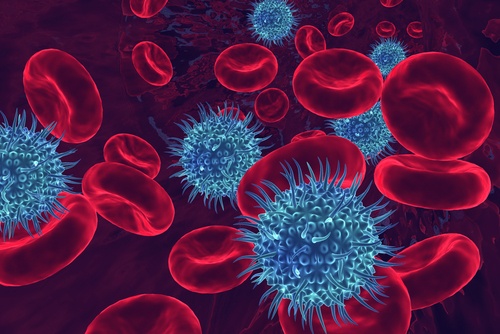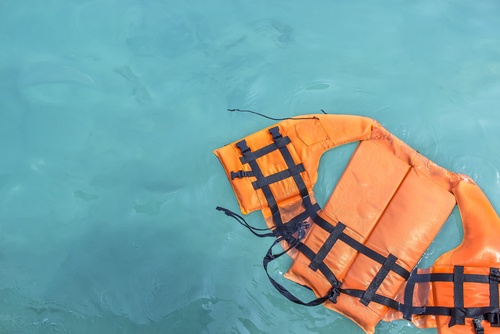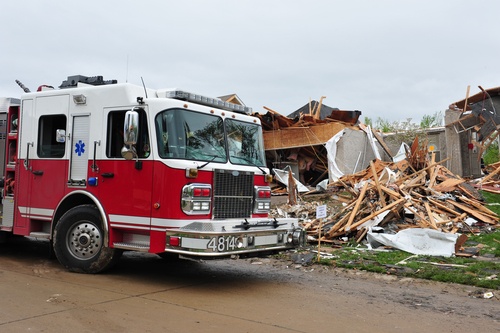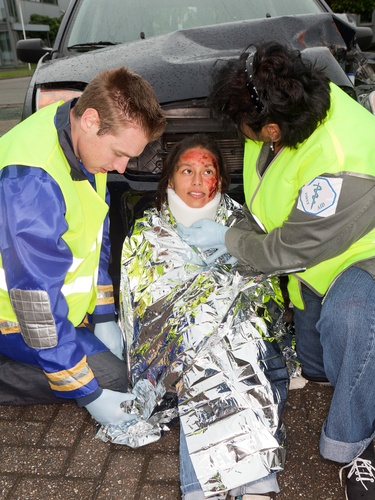EMS personnel face crisis and trauma situations daily.
Topics: MegaMover®, EMS
What EMS Providers Have To Say About The MegaMover
EMS personnel recently responded to a survey about their experience with their MegaMover® Transport Unit (or units). As we had hoped, they reported that the MegaMover® made providing emergency medical care easier.
Topics: MegaMover®
How to Protect Your EMS Staff from Fentanyl Exposure
According to the United States’ Drug Enforcement Agency, Fentanyl is a synthetic opioid that is 30-50 times more potent than heroin and up to 100 times more powerful than morphine.
Topics: EMS Health
Protecting First Responders from Infectious Diseases
As a first responder, it may seem that the world is becoming an increasingly hostile place. Not only are you and your team faced with an increased incidence of traffic accidents and domestic violence that you respond to, now there are increased occasions in which you could be the victim yourself; situations such as an active shooter event, terrorist chemical agent incident, and even infectious organism contamination.
Topics: EMS Health
How EMTs Can Prepare for Near-Drowning Events This Summer
Backyards and public pools, as well as rivers, lakes, and oceans, provide easy relief from the summer heat and many families enjoy spending time together both in and on the water.
Unfortunately, according to the Center for Disease Control ( CDC ), drowning is the leading cause of traumatic death for children ages 1 to 4, one of the leading causes of death for children ages 1 to 14, and three children die every day due to drowning .Topics: EMS Blankets
Preparing for Higher Summertime Traffic Incidents
Many drivers think they are in the most danger during the winter months. It makes sense that the danger would increase when the days are shorter and the roads can be icy and slick. This misconception can lead to false feelings of safety when the weather is nice and sunny. In actuality, it is during the summer months when drivers and their passengers are at the highest risk of being in an accident.
Topics: EMS
Summertime Trauma: 5 Common Emergency Care Events
Topics: EMS
For many, there appears to be an onslaught of natural disasters happening in countries on the other side of the globe as well as our own backyards. It doesn’t matter how you get your news updates—you can watch it on TV, scroll through a website online, or turn to a podcast—natural disasters are reported across the globe and appear more to be frequent than in past years.
Topics: EMS
When we think of emergency personnel, a number comes to mind. 1st on the scene, 1st to respond, 1st line of defense. These number ones reflect the vital roles played by police, firefighters, EMTs and paramedics. Seen as figures of authority, strength, and bravery in our communities, our first responders can seem invincible.
Topics: EMS
As Ryan Gerecht, MD, CMTE, delineated in this JEMS Article, traumatic shock is defined as inadequate blood supply to end organs due to blood loss, with the physiological consequences of hypovolemia, and hypotension. The resulting poor oxygen supply to vital organs can cause lactic acidosis (defined as an arterial pH of less than 7.35). In turn, coagulation and body temperature become deregulated in an environment of acidosis. In a continuing vicious cycle, hypothermia will then add to the poor response of platelets and clotting factors, causing hemorrhage to become worse.
Topics: EMS Blankets










